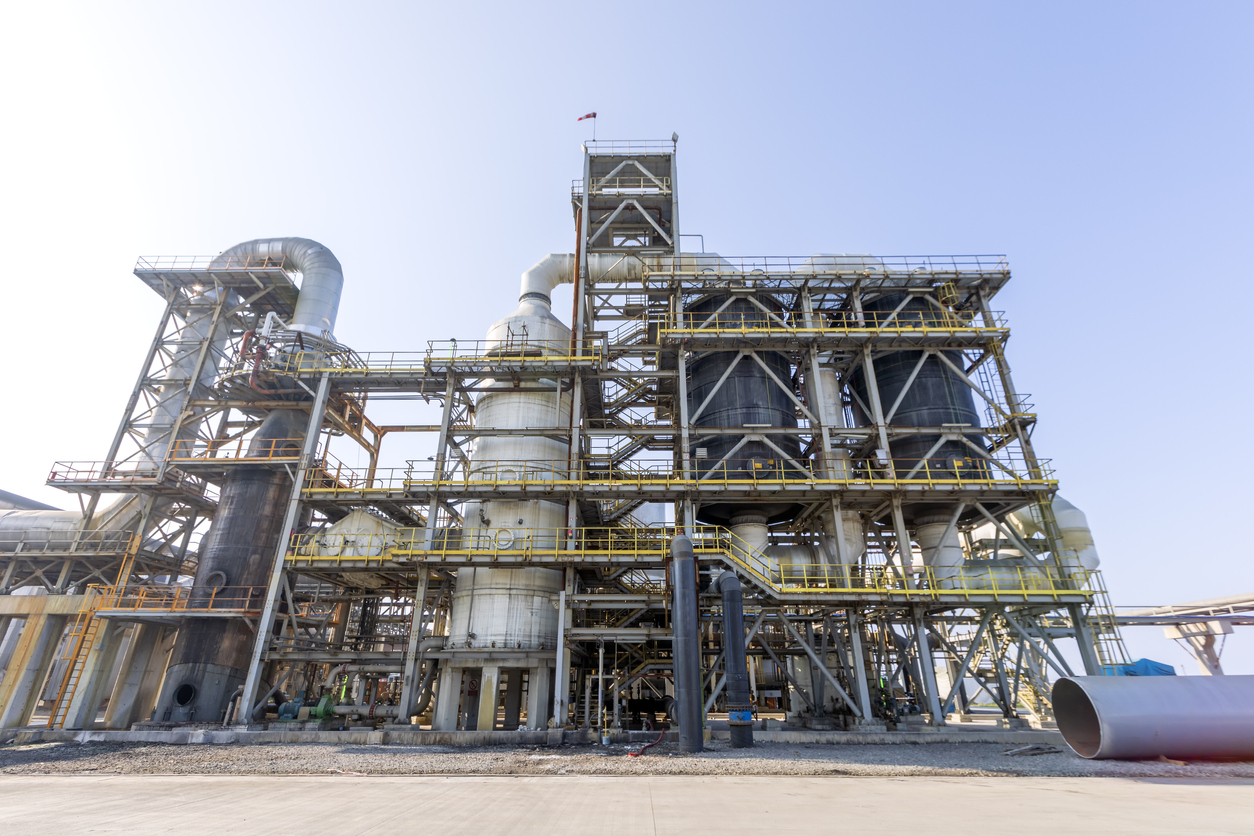
A projected shortage of sulfuric acid could have a major impact on green technology advancement and global food security, according to a paper published in The Geographical Journal. The paper’s authors warn that without enough sulfuric acid, the development of new technologies like carbon capture and storage (CCS) and solar energy will be stalled. They also say that the world’s food supply could be at risk if this shortage continues.
Sulfuric acid is needed for a variety of industrial processes, including the production of fertilizer and other chemicals. It is also used in CCS, which is a process that captures carbon dioxide from power plants and stores it underground. Solar energy also requires sulfuric acid to create the silicon wafers that are used in solar panels.
Right now, most of the sulfur in the world comes from waste created when fossil fuels are processed to reduce emissions that cause acid rain. But as we work to decarbonize the economy to combat climate change, production of fossil fuels will go down, and so will the supply of sulfur.
Researchers from the University College of London released a paper that suggests unless we take action now to reduce our dependency on this chemical, we will need to mine exponentially more resources than we do currently.
Mining companies currently produce about 80 million tons of sulfur each year. But by 2050, the paper’s authors say we will need to mine hundreds of million tons to meet demand. This is sure to boost prices for the chemical, and could make it inaccessible for many countries.
The paper’s authors say that we need to find alternative sources of sulfur, or find ways to use less of it. They also warn that if we don’t act now, the world’s food supply could be at risk. This unique situation also presents an opportunity for the mining industry to develop new technologies that can extract sulfur from other sources, like seawater.
Lead researcher Mark Maslin stated: “Sulfur shortages have occurred before, but what makes this different is that the source of the element is shifting away from being a waste product of the fossil fuel industry. What we’re predicting is that as supplies of this cheap, plentiful, and easily accessible form of sulfur dry up, demand may be met by a massive increase in direct mining of elemental sulfur. This, by contrast, will be dirty, toxic, destructive, and expensive.”
Co-author Simon Day stated: “Our concern is that the dwindling supply could lead to a transition period when green tech outbids the fertilizer industry for the limited more expensive sulfur supply, creating an issue with food production, particularly in developing countries.”




 Follow us on Twitter
Follow us on Twitter Become our facebook fan
Become our facebook fan










Comments are closed.